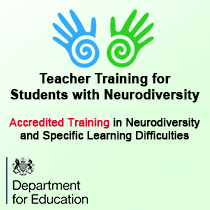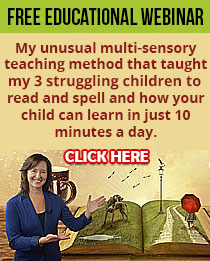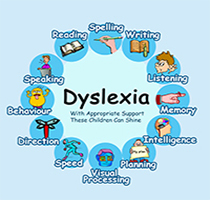
Tips For Teachers 1 One Small Step At A Time – The Class Novel Posted By Liz Dunoon Students with dyslexia often have difficulty holding more than one or two points, ideas or facts in their head at the one time and retaining the information. For this reason it is a good idea to break… Read More »








 November 24th, 2014
November 24th, 2014  Dyslexia Daily
Dyslexia Daily  Posted in
Posted in 

 Tags:
Tags: 






